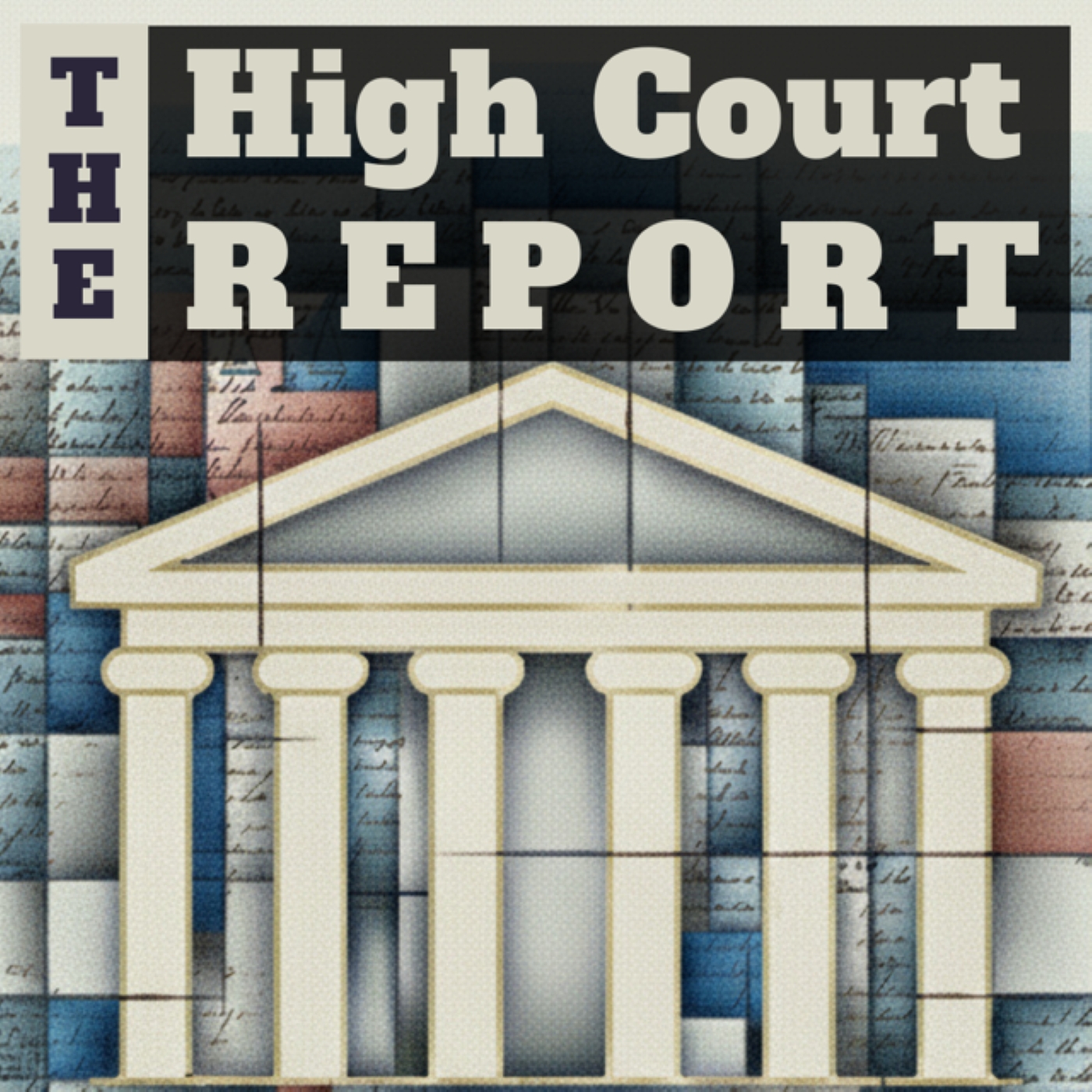Reading the Kousisis Tea Leaves: How the Justices' Oral Argument Questions Foreshadowed Their Opinions
Podcast: SCOTUS Oral Arguments and OpinionsPublished On: Thu May 22 2025
Description: I created this episode to highlight and contrast the Justices' questions and comments at oral argument to the written opinion in Kousisis.While all Justices agreed on rejecting the economic-loss requirement, their different concerns and questioning approaches during oral argument directly predicted the fragmented reasoning that would characterize their written opinions. The oral argument served as a laboratory for testing legal theories that would ultimately prove difficult to reconcile in a single coherent framework, explaining why this unanimous result required four separate opinions to express the Court's reasoning. Specifically:Justice Barrett used oral argument to test the coherence of competing legal standards, ultimately crafting a majority opinion that rejected petitioners' approach while leaving significant questions unresolved.Justice Thomas used his questioning to explore the specific regulatory context, leading to a concurrence focused on materiality as a limiting principle in DBE cases specifically.Justice Gorsuch consistently probed the boundaries between criminal and non-criminal conduct, resulting in a concurrence defending traditional common-law limitations on fraud liability.Justice Sotomayor maintained focus on the specific case facts and narrow legal question, producing a concurrence that warns against broader doctrinal pronouncements.Website Link to Oral Argument: Here.Apple Podcast Link to Oral Argument: Here. Website Link to Opinion Summary: Here.Apple Podcast Link to Opinion Summary: Here.
The note was deleted
The note was saved
Your message was sent
